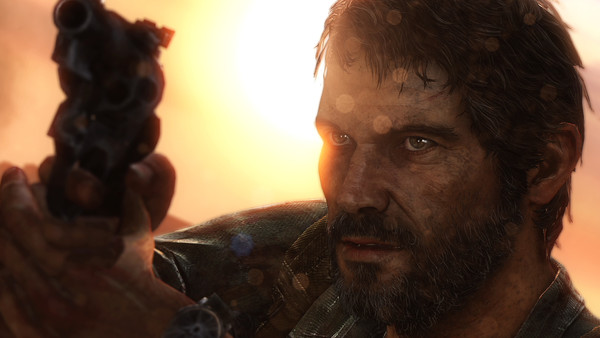How Live Service Video Games Are Poisoning The Industry
1. Shorter Games Are Inherently Punchier

The story and missions of Days Gone, or The Division, or Anthem could have been far more impactful had the devs not been so concerned with creating experiences that never end so you can keep playing and paying.
For instance, compare them to shorter games that are more tightly paced, like The Last of Us, Spec Ops: The Line, or the recent Resident Evil 2 remake. These releases are still "big", but can be finished in 15 hours or less. Just about every element in them benefits from a brisker pace though, which allows the devs to finely tune the highs and lows to deliver memorable, major set-pieces that contrast with quieter, character-driven beats.
Even better, they don't skimp on the gameplay or player freedom, still giving players plenty of options to express themselves out of the linear story. The brevity ensures every hour counts and every beat is purposeful. It's rare that content is only included for the sake of it - to tick something off on the back of the box - and ultimately, that makes the experience that bit more impactful.
Of course, the issue is that, for the most part, once they're done, they're done. Publishers don't have a way to further monetise the experience, and players don't have a reason to not trade them in.
The point isn't that these shorter games are inherently better, but that length shouldn't be the only thing devs (in the AAA space) strive for. The concern shouldn't be packing in as much content as possible out of fear that players will feel like they've 'finished' a game and stop engaging with it. Players reward great games, and devs and publishers don't need to trap them in live services that never end while forcefully sucking their wallets dry.